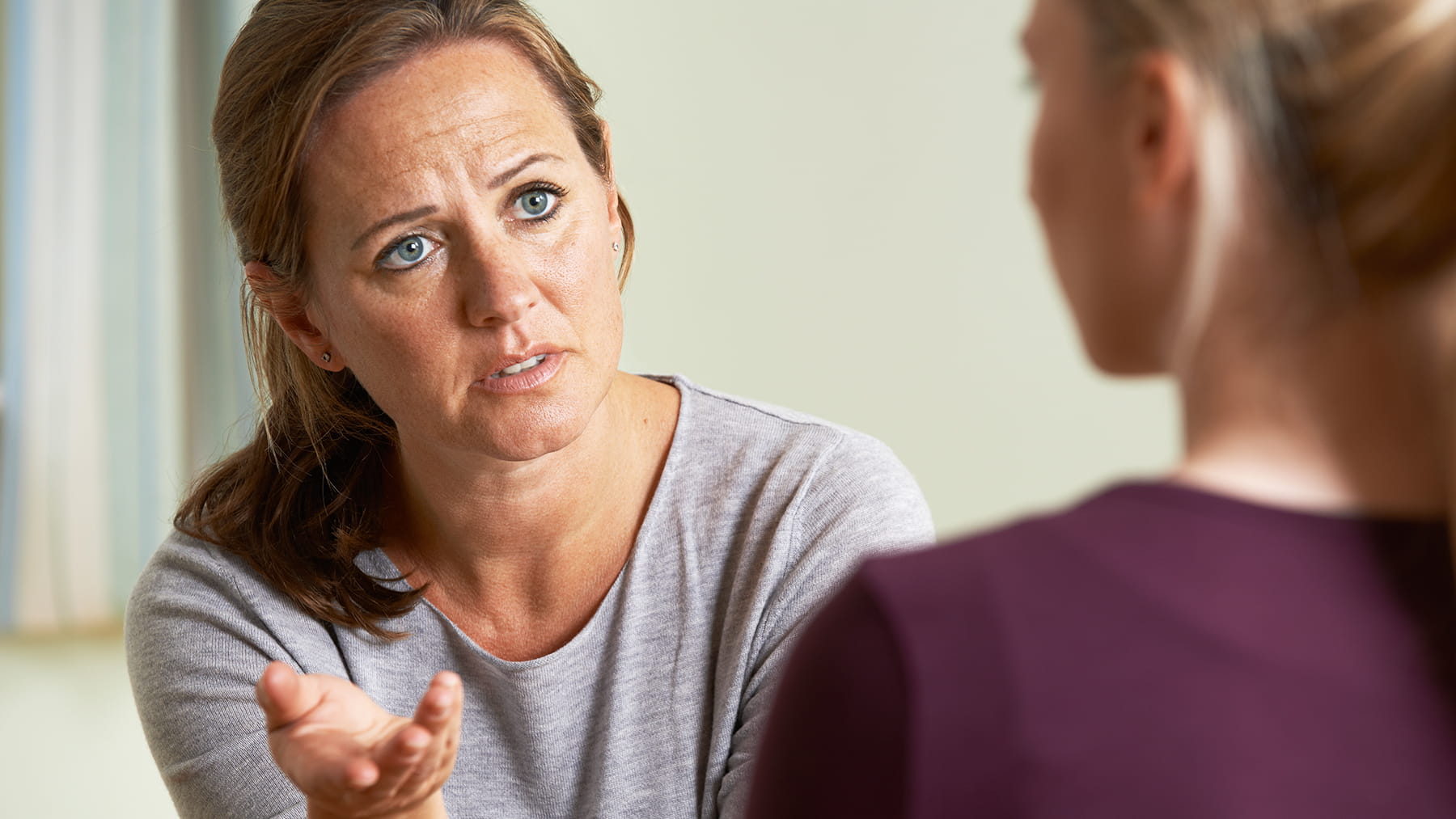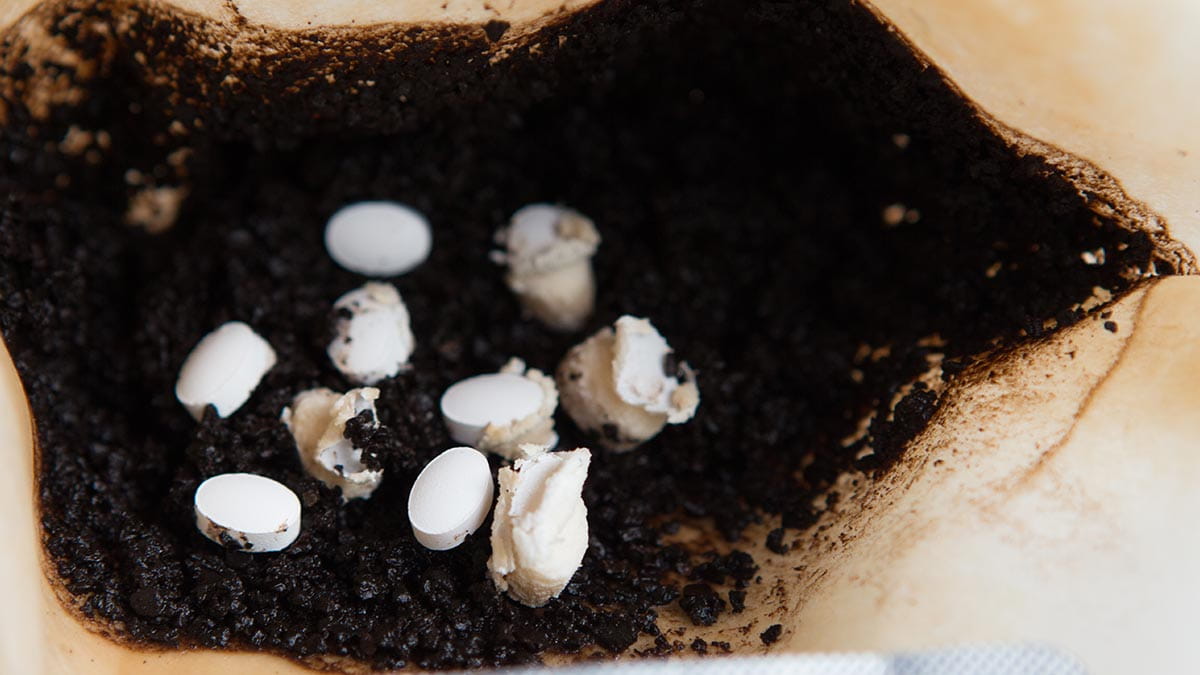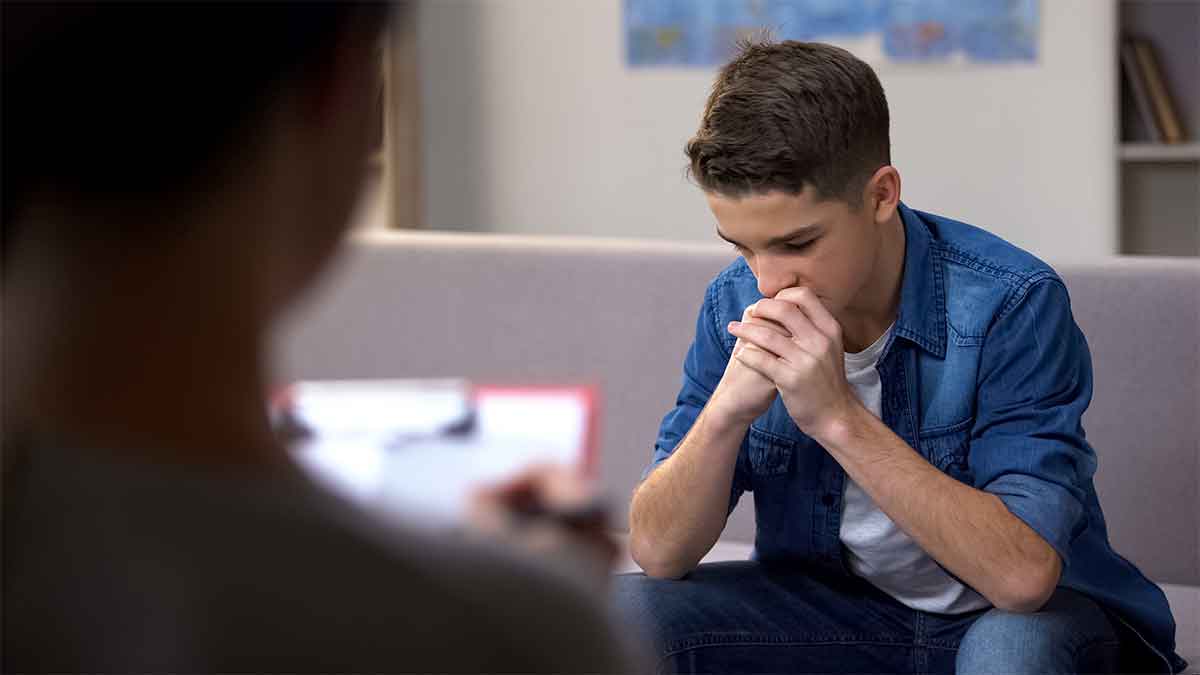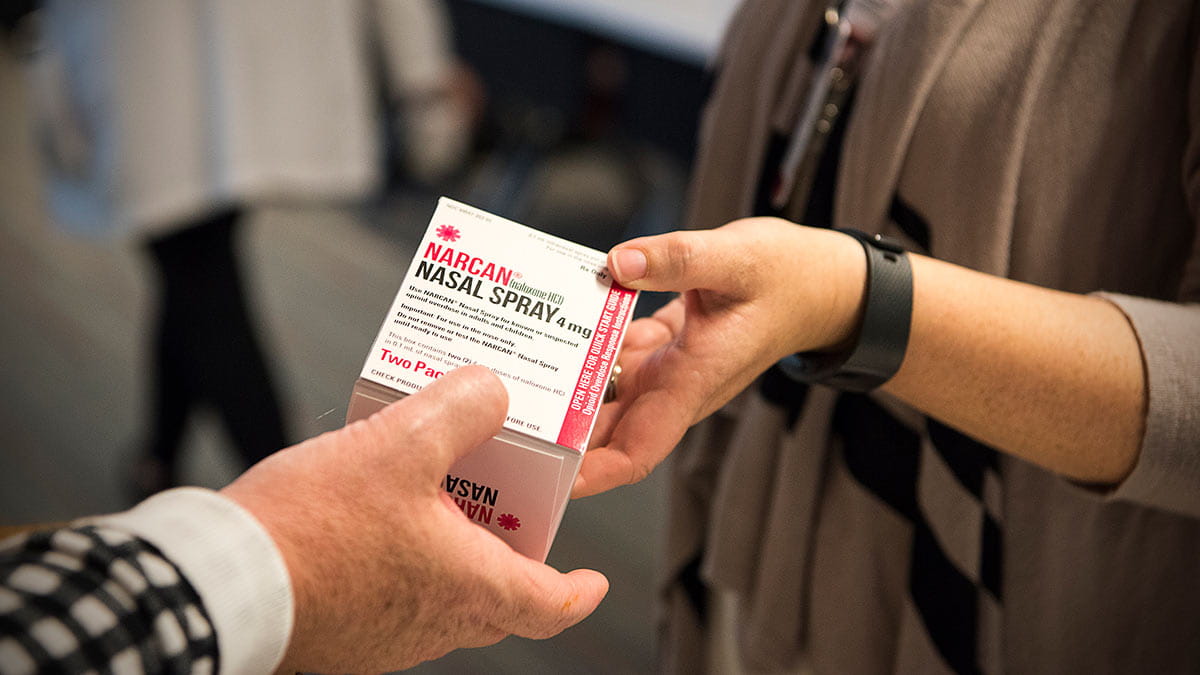What to do if you think your child is using drugs

One of our drug and alcohol counselors says he often talks with parents who discover evidence of possible drug use in their children's bedrooms. What do you do next?
Robert Bailor, who specializes in drug and alcohol dependency and works with individuals and families at Talbot Hall, the addiction medicine facility at The Ohio State University Wexner Medical Center, has advice for parents who suspect or have confirmed drug use:
Don’t dwell on asking yourself why
Parents often can get caught in a paralyzing cycle of trying to figure out what caused their child to start using drugs. Instead, ask yourself how you can help and what you can do to stop the drug use.
Recognize that you are not alone
There are parents all across the state struggling with many of the same questions you are asking right now, as they watch their own kids experiment with or abuse drugs.
Join a support group
Whether your child is in the throes of addiction or you only suspect drug use, you can benefit from the support a group can offer. Who better to help you navigate this uncharted territory than others who can relate? Find out how to sign up for a group below.
Watch for little-known signs of drug use
Children who secretly use drugs often stop caring for themselves properly. If you notice changes such as poor hygiene, new unhealthy eating habits or weight gain/loss, have an honest conversation with your child about your worries. Consider scheduling an appointment for your child with his or her physician to more fully evaluate your concerns.
During the appointment, respect your child's request to talk with the doctor alone, especially if he or she is an adolescent. Although your child's doctor typically is not under obligation to share what was discussed, unless the child is at risk of harming himself/herself or someone else, you could ask the doctor to talk with both of you, encouraging the child to be open and working as a team on a plan to move forward.
Note: If your son or daughter is 18 or older, exam results are private under federal regulations.
Don't confront your child in anger
Possible drug use sometimes comes to light when a parent finds evidence (a pipe, for example) in a child’s bedroom. This should not be ignored. Remember: Your child's bedroom is your gift to him or her, and since the room is in your house, you have the responsibility to keep the child safe there.
Stay calm, even though it's difficult! Initially, parents may feel outrage, sadness and disappointment. This is natural, but confronting the child fueled by these negative emotions may make the situation worse. Pick the right time for confrontation when you have gained emotional control and can discuss the matter reasonably and calmly.
Here is an example of a discussion starter: “I happened to find a pipe when I was your putting clothes away. Can you tell me why you have a pipe? Have you ever used it?”
Show care and concern
Before your talk, think about how to avoid coming across as judgmental and implying punishment with no chance for self-defense. Constructive confrontation is meant to show concern for the child and to enlist his or her participation in dealing with the drug issue. If parents' questions and comments show an authentic search for the truth and genuine concern for the child's welfare, then the confrontation is more likely to be perceived by the child as a parental act of kindness rather than condemnation.
“If anything should be condemned in the confrontation, it is the drug abuse, not the child,” Bailor says.
Set rules with clear consequences
Try this before any drug use is discovered: With your child's participation, set explicit rules regarding drug use and clearly outlined consequences for violation. All rules should be accompanied by discussions about the adverse effects of drug use for the individual/family and the values that the parents expect the child to uphold.
If you find out your kid has used drugs, be direct and clear about consequences, which should be constructive. For example:
- Finding classes on alcohol/drug use for the child
- Arranging for the child to enter a rehab center at the level of his/her maturity
- Grounding, taking away privileges and/or requiring the child to fulfill extra duties around the house. To show empathy and concern, one or both parents might want to be involved in some of these consequences, such as cleaning the house with the child.
Many of these ideas apply to adult sons and daughters too. As a last resort, parents can evict an adult child living with them until he or she consents to rehab.
Understand genetic risk factors
Research shows heredity plays a part in a person's tendency to abuse/become dependent on drugs. It is very important to monitor children who have alcoholism/drug addiction in their family history and explain to them their risk so they do not follow suit.
“One of the best ways to keep children out of harm's way with alcohol or drug problems is to show them unconditional positive regard and to model sobriety as an everyday virtue,” Bailor explains.
Work through a child's negative response
Sometimes parents neglect doing the right thing for fear of blowback from their child. They think the child will get mad at them or mistrust them or even disengage from them. The reality is that all of these things may very well happen.
Parenting is not a popularity contest. It is your responsibility to protect your child.
Sometimes love needs to be tough. And sometimes the child does not come to realize how loving the parents have been until some time later.
“Parents' duty is to keep their child from harm and promote his or her welfare. No matter how severe the child's response might be, parents must step up their responsibility on this topic for the sake of the child and take action out of genuine unconditional positive regard for the child,” Bailor says.




